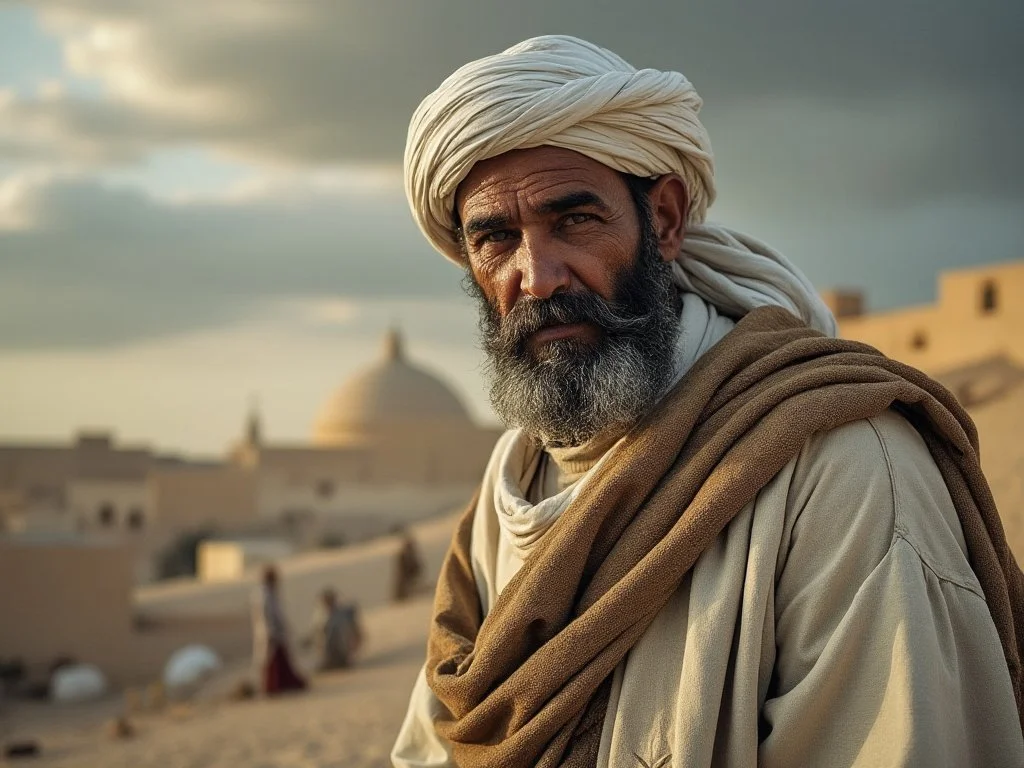The Good Christian
A Muslim man wearing a skull cap and white robe was beaten between life and death. Left on the side of the road, bleeding and in pain, desperate for help, a Christian man observes him. He stops, calls an ambulance, and gets the man help. Concerned, he jumps in his car, travels to the local hospital, and checks on the man. The man wakes up, thanks him for his help, and tells him he is without any family or network. The Christian offers him help, puts him up in a local hotel until he can recover, paying his medical bills.
We all likely recognize this story as a rewriting of the Good Samaritan story found in Luke’s Gospel (Luke 10: 25-37). Every Christian I know would do their best to help any person, Muslim or otherwise, without thinking of the man’s religious affiliation.
At first glance, such a story seems to be an irrelevant red herring in an argument that promotes relational solidarity between religious communities. But its effectiveness is in showing our common humanity.
Evangelicals and other Christians talk and speak about Islam and its adherents in ways quite the opposite. They are religiously illiterate of Islam and Muslims. Seminaries whose job is to train vocational and lay leaders have largely relegated themselves to the sidelines, teaching apologetics and polemical approaches to understanding the world’s religions. Students and laypersons alike believe Muslims participate in a perverted religion with shaky foundations, one that is intent on implementing Shariah as a first order of business. Despite these claims, our focus as Christians must shift to the truth of our gospel, and the reality of the Good Samaritan story.
The Good Samaritan is, in effect, a call for us to attain to a higher noble self, one formed by God’s spirit and informed by his revelation in Scripture. Its message is theological in that it calls us to see God as the helper and giver of all good gifts, the father of lights who helps those suffering.
The Good Samaritan is about the God who works all things to the good, not just of those who love him, but those who don’t yet know him. It’s a story of God’s providence – his rulership of the world in goodness and care – to manifest itself through his believing community, to show mercy to those whom he created from dust.
From this theology emerges a humanist element, whereby believers are called to serve those in need, regardless of their political or religious views or the prevailing theology of current, trendy, or fashionable Christianity.
We are to be careful as believers to allow our loyalty to belong to anyone but God. It is from him we have life, and it is from him that we can move and act. The Good Samaritan is a crucial story of Jesus’s teachings that calls us to look in the eyes of another as God’s creation, and to steward the lives of everyone we encounter.
We are tasked with serving others in a higher calling, one that sees Islam and Muslims as sharers in a divine destiny in which God is the merciful ruler of all.
Living a noble Christian life is a way to humanize others, and a path to reduce hatred and stereotypes. We are to see all people as beautiful creations in a world where all life is sacred, and we are all brother and sisters.
A final note: Christians could certainly use the story of the Good Samaritan to argue political or theological agendas, but I’ve chosen to see this story as a deeply rooted principle of humanitarian justice extended to all as a human right given by God. My use of the story is not a way to solve systemic local, national, or global issues, but is a first step in humanizing every person as having received life from God.
The images are generated by X’s Grok 2 (beta).

